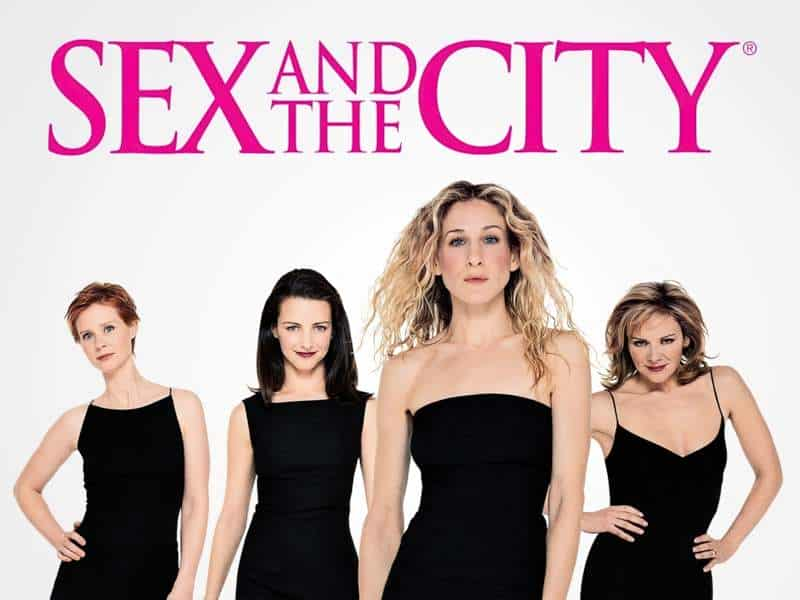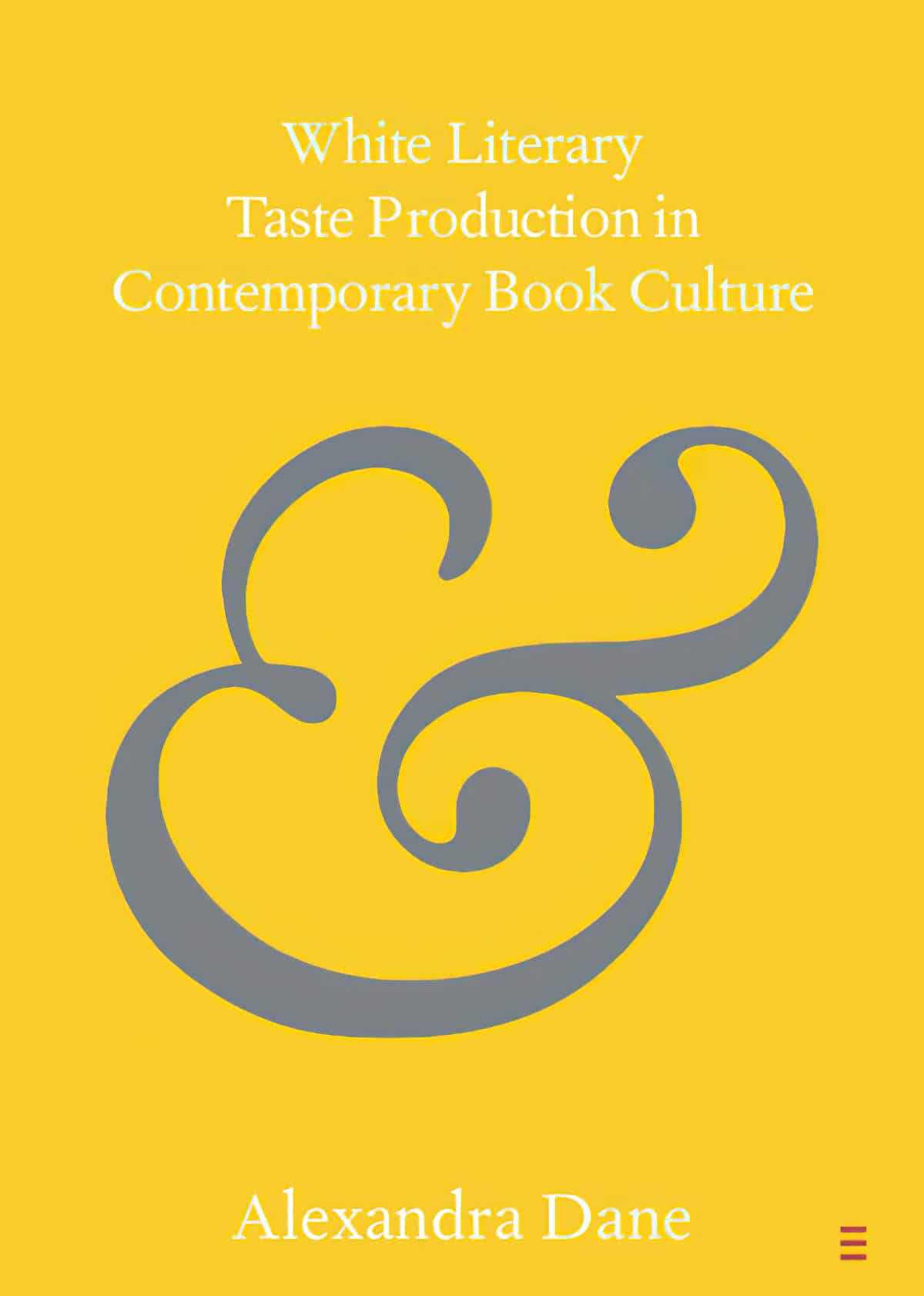Although the peak of the covid-19 pandemic feels like yesterday, I’m reminded of how long this has been going on when I stumble across the research of academics who’ve had time to study phenomena that happened during lockdowns.
One cultural phenomenon from 2020: The Black Lives Matter movement, which kicked up not because of covid-19 but because of George Floyd’s murder by police. However, the activism which happened in the wake of this outrageous crime happened partly online, and affected book world. Reading lives were briefly affected by lockdown culture.
But did the 2020 efforts towards diversity and inclusion impact the systemic racial bias in the publishing and reviewing industries?
Despite initiatives to ‘diversify’ the publishing sector, there has been almost no transformation to the historic racial inequality that defines the field. White Literary Taste Production in Contemporary Book Culture (Cambridge UP, 2023) argues that contemporary book culture is structured by practice that operates according to a White taste logic.
By applying the notion of this logic to an analysis of both traditional and new media taste-making practices, Alexandra Dane examines the influence of Whiteness on the cultural practice, and how the long-standing racial inequities that characterize Anglophone book publishing are supported by systems, institutions and platforms. These themes are explored through two distinct but interrelated case studies-women’s literary prizes and anti-racist reading lists on Instagram-which demonstrate the dominance of Whiteness, and in particular White feminism, in the contemporary literary discourse.
New Books Network
In interview, Alexandra Dane explains that publishing is a cultural sector actively engaged in the production and circulation of knowledges. In deciding what gets published, publishers are making decisions around which subjects are worthy of attention, and who has the authority to write about these subjects.
As a result, publishing perpetuates inequalities. Publishing is a business, after all, answerable to shareholders. Inequalities are perpetuated at every level of publishing from acquisitions to the marketing phase.
Basically, authors of colour are expected by commissioning editors to write about “issues” that relate to race, or that conform to particular stereotypes. This would suggest that publishers (an overwhelmingly white cohort) have a racialized understanding of what people of colour should be writing about.
We see this in commissions (the decision making part of who gets published). But we also see it in book reviewing. Reviewing exists in relation to understandings of What Literature Is. The primary purpose of book reviewing is to investigate the question, “What is literature?” Next, what is good, what is not good. By reviewing a book, whether the review is good or bad, there’s an acknowledgement of the material. A book review says, “This is material worthy of engagement.”
Each time a book is reviewed, it reinforces the existing system. The current system is racially coded and has deeply racist roots.
Texts and authors who attract significant attention influence the field’s foundation of What Literature Is, especially when there’s broad consensus among reviewers about the book’s quality.
When critics all agree that something is a Good Book, this feeds into a cycle of which subsequent books will be considered Good. Dane calls this the practice-structure-practice model. Basically, the culture is always defining and re-defining what makes worthy literature, and what doesn’t count as literature. This judgement is binary. Worthy and unworthy of discussion.
A huge number and variety of white authors are reviewed in the literary media in America, but the work of only a very few Black authors are reviewed (one, two or three). The opportunity for critical attention is very limited for Black and POC authors.
This isn’t just an issue in reviewing in major publications and acquisitions at major publishing houses, but happens at all levels, including in indie publishers and book blogs. Racialized publishing and reviewing is systemic, and bigger than any individual.
The Role of Women’s Literary Awards
We expect activist literary awards for women e.g. the Stella Prize to do diversity work. But do they?
Women’s literary prizes have done a good job of promoting white women authors. The women’s prize in the UK is especially good at promoting white women. (Because of its long history, this trend is very clear.)
They’ve done far less well at promoting the work of women of colour.
Dane considers women’s literary prizes “The Sex and the City of Literary Activism”. American TV series Sex and the City promoted the idea that women and men are equal, but when they say ‘equality’ in the show, they actually intend for women to adopt all the oppressive behaviours of men: Women can also be rampant capitalists. Women can also be misogynistic, and so on. (While Sex and the City is not explicitly about race, because equality in the universe of Sex and the City is on these terms rooted in systems of white supremacy, the outcome is very white.)

This is what the Women’s Prize and the Stella Prize have done. Women’s literary prizes haven’t uprooted or transformed power, status and hierarchy in literary prize culture. Instead they simply inject more women into the existing structure, which is not transformative. Structures around race are so deeply rooted in this industry that they remain largely undisturbed. Even if women win prizes, that’s just a veneer of equality.
In general, plugging things into existing systems doesn’t in any way transform existing systems.
The “Anti-Racist Reading ListS” OF 2020
The Anti-Racist Reading List was part of the online Black Lives Matter protests in 2020 and into 2021. Lockdowns contributed to a burst in reading, and conversations around “doing the work”, and who is responsible for educating others on systems of inequality.
The upshot: Many people (mostly white) shared these anti-racist reading lists on Twitter and Instagram. (Publishers also did this.) “These are the books you need to read to not be racist anymore.”
Dane argues that reading can only get us so far in terms of knowledge, but more than that, these curated lists of reading material were not necessarily read, but simply circulated in a performative* way to indicate the person sharing is “doing the work” and is “anti-racist”.
For researchers, these reading lists served as an interesting case study into how “diversity and inclusion” happens online within book and reading cultures among groups of white people. Dane emphasises that there’s nothing essentially wrong with these lists. They’re innocuous in every way, but Dane is interested in what the lists were really doing. Did they affect book sales? And what do they tell us about how white readers approach books by Black authors?
Dane’s research found that at the peak of their popularity in 2020 these lists did affect sales. This didn’t just affect new books by Black authors but also midlist and backlist books. However, the effect was very short-lived and only affected non-fiction books by Black authors writing about the effects of racism. The books on the lists made it onto the NYT bestseller list (not a perfect measure of what’s been selling, but that’s the public record we have of what’s selling).
We saw no budge of white authors at the top of the fiction best-seller list. Fiction by white authors remained as popular as before. Basically, Black authors during Black Lives Matter were pushed into an educative role.
This affects what kind of attention Black authors will receive in future. The Black reading list has since slipped right back to Black celebrity authors plus Malcolm Gladwell. We’re still not seeing, say, cosy mysteries by authors of colour.
MOVING FORWARD
Until assumptions are examined and addressed, diversity and inclusion efforts by publishing houses run by white people aren’t going to change things for the better. People do want to see change, but change doesn’t happen until the foundations change.
In Redlining Culture (2020), the author Richard Jean So writes about USA books culture and era of Toni Morrison worked as commissioning editor at Random House. The number of Black authors published at Random House during this time swelled.
But as soon as Morrison moved on, the baseline reverted instantly to how it had been before. This is not a large study by any means, but suggests that Black people working in key positions at publishing houses would make a huge difference to who gets published.
Perhaps we need to interrogate a system which gives so much power to so few. One person moving on shouldn’t make that much of a difference to the entire ecosystem.
Dane has no suggestions for how to fix this system, but I can think of one. Publishing corporations must retire unpaid internships, which can only be taken up by people who come from economic privilege (mostly white people, of course).
Large publishing corporations could relocate offices to cities where it is cheaper to live (not London, not New York). Publishing jobs at all levels must pay a decent living wage.
Also, consumers need to recalibrate the value of books. If we consider $20 too expensive for a new book, why is that?
Unfortunately, I see no good path forward on that one, especially since writing itself will continue to devalue with the emerging technology of GPT.
*THE ORIGINAL MEANING OF PERFORMATIVE IS GENERALLY NOT HOW IT’S GENERALLY BEING USED NOW
Pretty much every day on this website, I’m reminded that a lot of people think “performative” means almost the opposite of what it really means. I know, I know, it’s a losing battle, but for what it’s worth: The anthropological definition.
If something is “performative”, it’s not an empty gesture or virtue signalling. A “performative” act is one in which the use of language effects real change. The article linked above uses the marriage ceremony as an example. Also eg the writing of constitutions.
It may also be a small performative act to misuse the word “performative”, but in its original meaning it’s a really useful word!
So when people say, for example, “gender is performative”, they don’t mean it’s a masquerade or trivial, they mean our experience of it is informed, constructed and/or reinforced by language and social practices. Though performativity is really not only about gender.
Adding: yes, I know words change their meaning in response to usage. I have already made a jokey aside about the specific irony of “performativity” in this context in the thread above. “Literally” now means “figuratively”, etc, no one’s ever wrong.
But I do think one of the reasons that (eg) Judith Butler’s work is sometimes misunderstood is that people project their misinterpretation of a technical term back on to it, eg “gender is merely performance? How ridiculous!” … no, they suggest it’s *performative*.
People are asking for an alternative for the “wrong”/popular meaning of performative. There is the recently-coined “virtue-signalling”, though many don’t like its political associations. Depending on context: superficial, specious, demonstrative, inauthentic, affected, phony?
Alex von Tunzelmann

